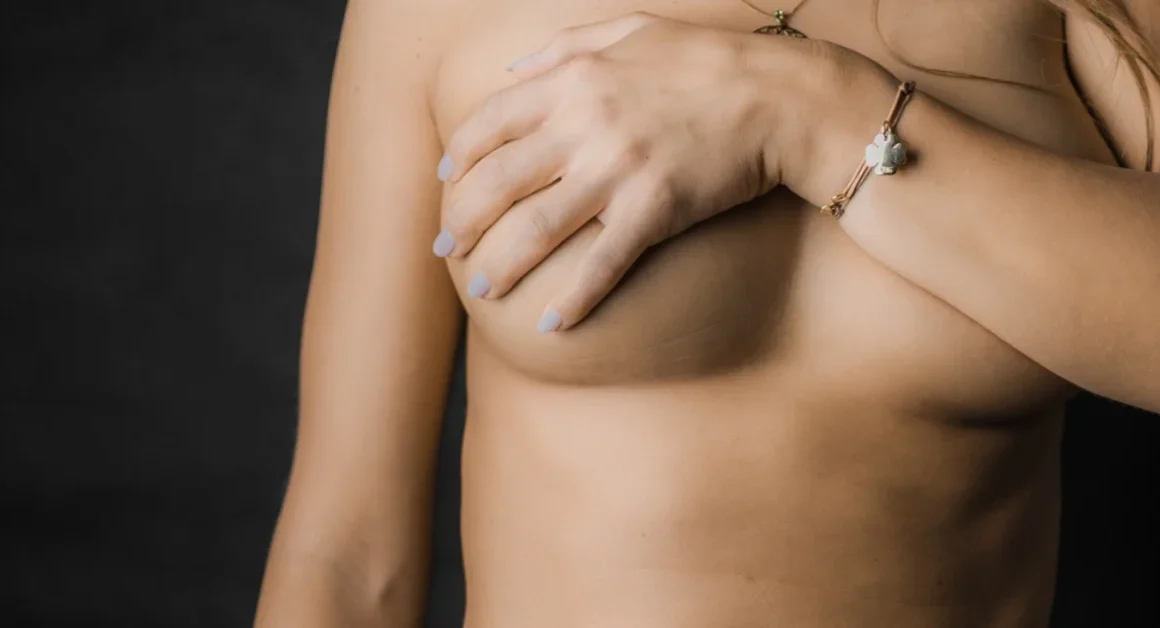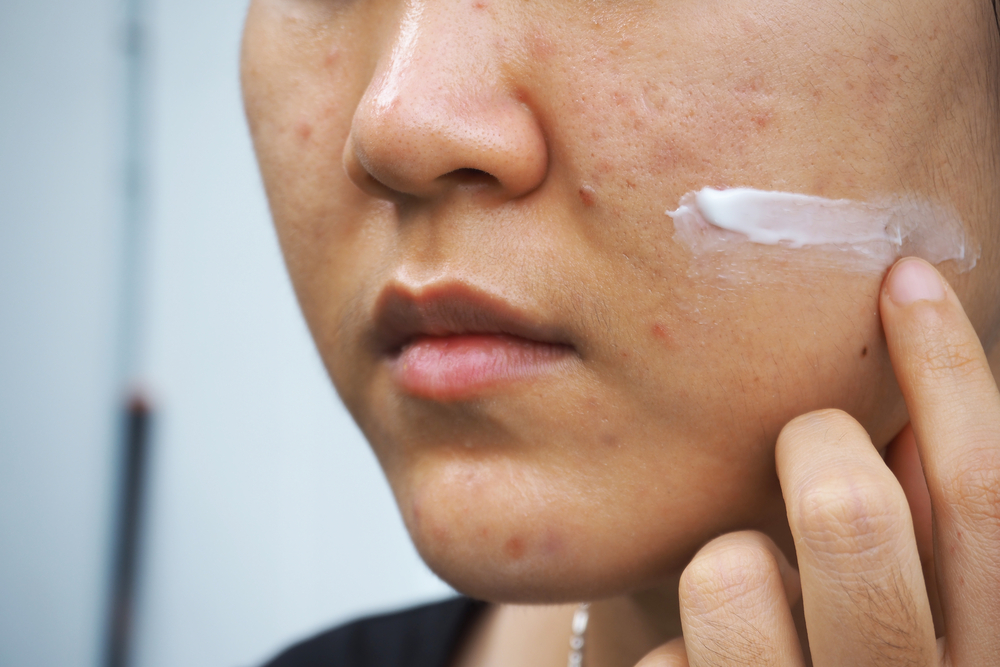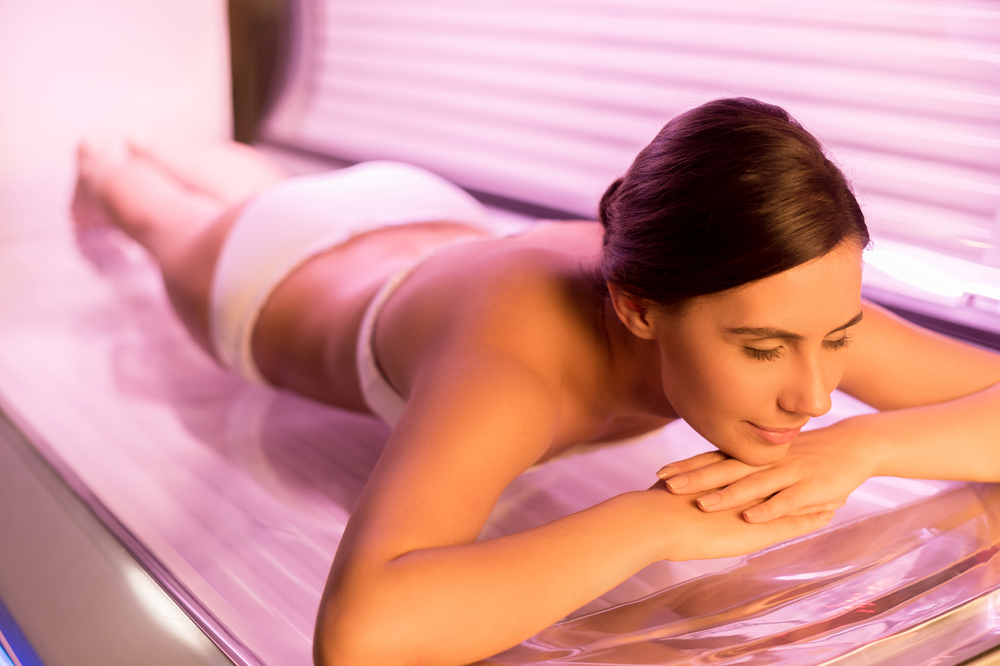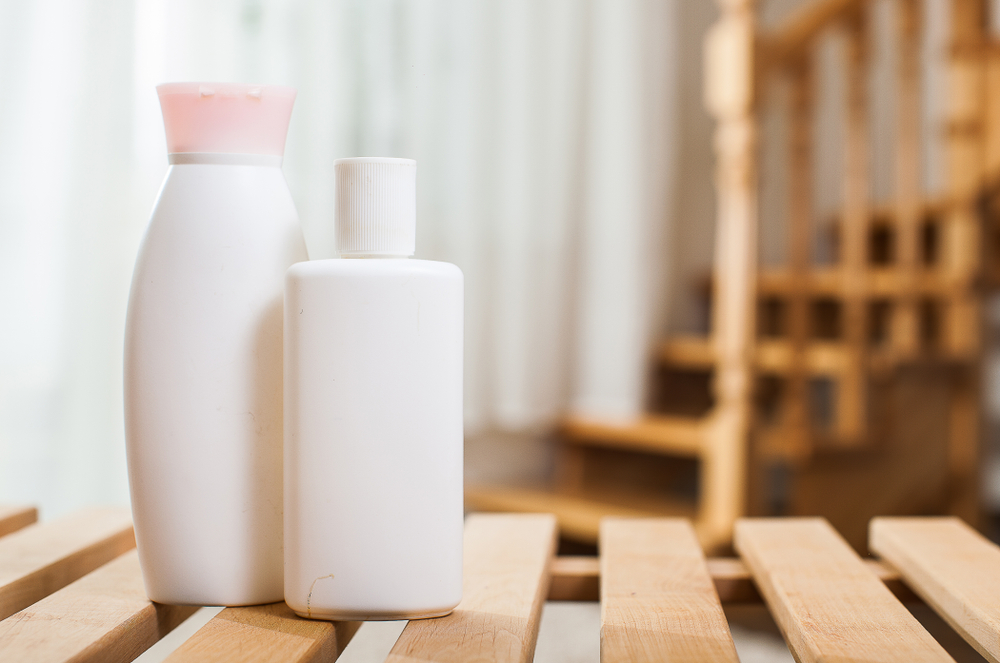Today, we’re diving into a topic that might make you raise an eyebrow: Dark Nipples. It’s a thing that not many talk about openly, but we’re breaking that barrier. Why do nipples sometimes decide to go a bit darker, and is there a safe way to bring back their natural glow? This article delves into nipple lightening, offering insights and solutions for those seeking to enhance their confidence and body image. Let’s start discovering how to lighten nipples with care.
Understanding Nipple Color Variations
Nipple color is decided by something called melanin, which also gives our skin its color. It varies from person to person. Individuals with lighter skin tones often have fair or pink nipples, while those with darker skin may have copper-colored nipples. However, concerns about darker nipple colors are common, leading many to seek bleaching creams and other lightening techniques.
It’s crucial to approach nipple lightening with care. While various treatments can yield noticeable results, they require careful application and consideration of potential risks. This article aims to guide you through safe practices for nipple lightening, ensuring both effectiveness and safety.
Hormonal Influences on Nipple and Areola Color
Changes in hormones can greatly impact the color of your nipples and areolas. When you go through puberty, your breasts are developing, and it’s common for the areolas to darken during this time. Hormonal shifts during your menstrual cycle and while using oral contraceptives can also influence these color changes.
Now, let’s talk about the beautiful journey of pregnancy and breastfeeding. It’s entirely natural for nipples and areolas to darken during these times. This happens because of the hormonal shifts that support the changes in your body during pregnancy and the subsequent breastfeeding period. It’s essential to know that this darkening is a normal part of the process and typically not something to worry about.
After pregnancy, your nipples often return to their original color, although they might stay darker while breastfeeding. This journey of color changes is a unique and natural part of life. If you have any concerns or questions about these changes, it’s always a good idea to reach out to your healthcare provider for personalized advice and reassurance.
Choosing Safe Nipple Lightening Products
When you’re thinking about using products to lighten your nipples, it’s crucial to pay attention to what’s in them. One common ingredient you might find is hydroquinone, which is known for its whitening effects. However, it’s important to use it carefully. Over-the-counter creams usually have 2% hydroquinone, but if prescribed a cream, it might have a higher concentration.
Now, here’s the important part – be cautious about certain ingredients. Some products may contain harmful things like mercury and steroids. These ingredients can lead to serious health issues, including damage to your skin and disruptions in your hormones.
To ensure you’re making safe choices, it’s a good idea to talk to a healthcare professional before using skin-lightening products, especially those with strong ingredients. They can provide advice tailored to your needs and ensure your well-being throughout the process.
Natural and Professional Nipple Lightening Treatments
Natural remedies, such as applying lemon juice or a blend of almonds and milk, can offer a gentler approach to nipple lightening. These methods are less aggressive and suitable for those seeking minor changes without the risk of skin irritation.
Aloe vera and honey are other natural options with soothing and skin-brightening properties. Aloe vera provides a gentle, nurturing effect, promoting skin health. Honey, rich in antioxidants, contributes to a mild brightening effect. Incorporating these into your skincare routine can offer a natural and mild approach to nipple care.
For more noticeable results, professional treatments like laser therapy are available. The Q-switched Nd: YAG laser is one such option. It targets melanin pigments in the skin, helping to lighten the color of your nipples. While generally painless, it’s essential to note that achieving the desired effect might take multiple sessions.
Cultural Perceptions and Hormonal Influences
In some cultures, lighter, pink-colored nipples and areolas are esteemed as more youthful and enticing. This aesthetic preference has led many to seek methods to lighten their nipple color. However, it’s essential to understand that nipple color varies significantly among individuals and is largely determined by genetics.
Hormonal fluctuations, such as those experienced during puberty, menstruation, and pregnancy, can also contribute to changes in nipple color. For example, it’s common for areolas to darken during puberty as the breasts develop. Similarly, nipple and areola color may change during the menstrual cycle and pregnancy, often returning to their original hue post-pregnancy.
Safe Use of Nipple Lightening Products
While most nipple bleaching creams are considered safe, misuse can lead to adverse effects. It’s crucial to follow application guidelines and be aware of the ingredients in these products. Hydroquinone, a common ingredient in whitening creams, is effective but should be used cautiously, especially in concentrations higher than 2%.
Healthcare professionals emphasize the importance of avoiding overuse of these products. Excessive application, particularly of creams with high hydroquinone concentrations, can lead to skin darkening and other complications. It’s advisable to consult a dermatologist before starting any nipple lightening regimen.
It’s important to note that a study by the EPA in 2000 found an increased incidence of skin tumors in mice treated with hydroquinone. This emphasizes the need for caution and consulting healthcare professionals before using products containing this ingredient.
Understanding the Risks of Harmful Ingredients
Consumers should be vigilant about products containing harmful ingredients like mercury and steroids. Mercury, found in some skin-lightening products, can cause serious health issues, including neurological problems and, in pregnant women, birth defects. Steroids in bleaching creams can thin the skin and disrupt hormone levels, leading to various health concerns.
It’s essential to research and understand the ingredients in nipple-lightening products. Consulting with a healthcare professional can provide guidance on safe and effective options, helping to avoid the risks associated with harmful substances.
Conclusion
Lightening or bleaching creams for sensitive areas should always be a mild solution. However, some over-the-counter bleaching gels have higher-than-recommended hydroquinone, steroids, and mercury levels. Users need to be careful and vigilant when using such products.
This means that instead of purchasing whitening cream from your local beautician, where health concerns may not be a top priority, it’s prudent to visit a medical professional who can recommend a safe, effective bleaching agent that’s right for your specific situation.









